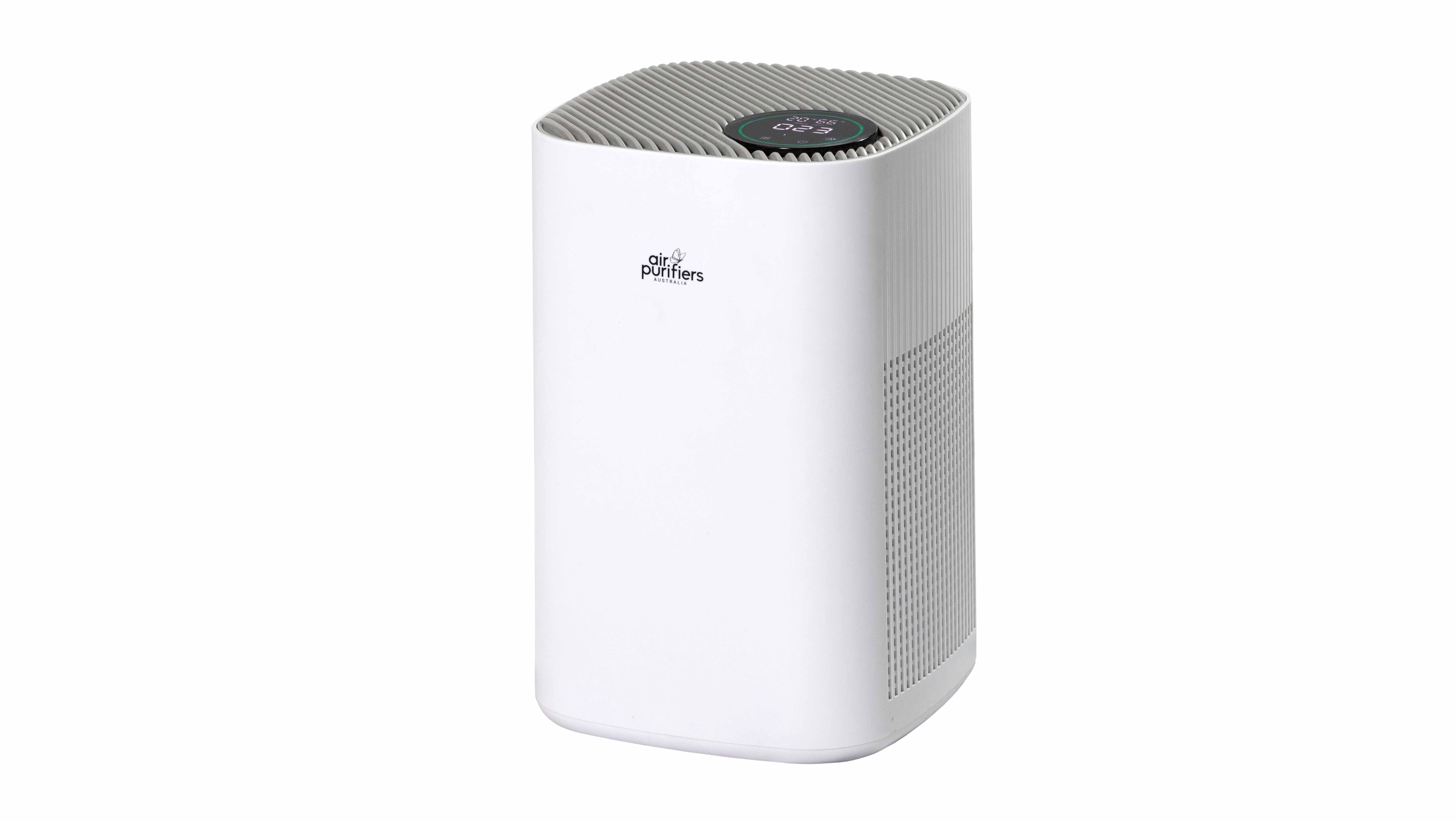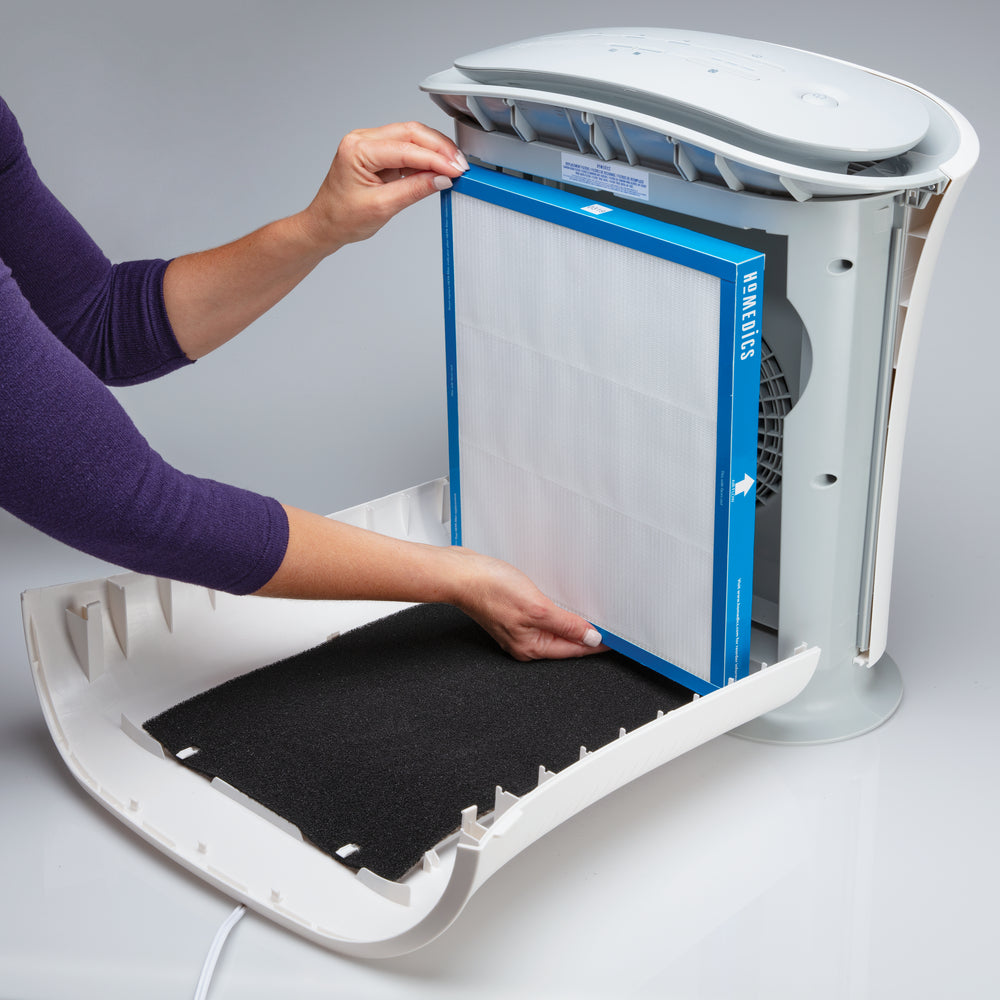Featured
Table of Contents
- – Understanding Allergies and Triggers
- – Can Air Purifiers Aid With Allergies?
- – The Science Behind Air Purifiers and Allergies
- – Are Air Purifiers Right for You? Factors to T...
- – Maximizing Air Purifiers for Allergies
- – Beyond Air Purifiers: A Multi-Pronged Approach...
- – Living a Breath Easier Life with Allergies

For allergy sufferers, spring blossoms and fluffy family pets can bring even more sniffles and sneezes than pleasure. Interior irritants like dust mites, pet dander, and plant pollen can damage your breathing system, leaving you feeling unpleasant. Air cleansers are typically promoted as an option, appealing cleaner air and remedy for allergic reaction signs and symptoms. Are air purifiers genuinely worth the financial investment for allergic reaction patients? This extensive overview explores the science behind air cleansers, their effectiveness for allergies, and the aspects to take into consideration when choosing.
Understanding Allergies and Triggers
To understand the function of air purifiers, let's first delve into allergic reactions and their triggers:
- The Allergic Action: Allergies occur when your body immune system panics to a harmless substance, like pollen or dirt termites. This reaction sets off the release of histamines, creating allergy signs and symptoms like sneezing, coughing, itchy eyes, and a drippy nose.
- Common Irritants: Indoor allergens include dirt termites, animal dander, mold spores, pollen that drifts indoors, and even roach allergens. These airborne fragments can irritate your airways and activate allergic reaction signs.
Can Air Purifiers Aid With Allergies?
Air purifiers work by reeling in air, removing pollutants, and launching cleaner air back right into the space. Here's exactly how they can potentially benefit allergy patients:
- Trapping Allergens: HEPA (High-Efficiency Particulate Air) filters, an usual kind utilized in air purifiers, are highly reliable at capturing airborne allergens like allergen, animal dander, and plant pollen. By getting rid of these triggers from the air you breathe, air cleansers can help in reducing allergic reaction signs and symptoms.
- Improved Air High Quality: Air purifiers can likewise get rid of various other irritants from the air, such as smoke, dust, and volatile organic compounds (VOCs) This overall improvement in air high quality can be useful for allergy victims that are delicate to these additional triggers.
The Science Behind Air Purifiers and Allergies
Research studies have actually revealed that air purifiers can be useful in reducing allergic reaction signs. Below's a take a look at some key research study searchings for:
- A 2019 evaluation released in the journal "Current Allergy and Asthma Records" wrapped up that air purifiers with HEPA filters can be efficient in reducing allergy signs and symptoms and enhancing quality of life for individuals with sensitive rhinitis (hay high temperature)
- A 2018 research published in the journal "Annals of Allergy, Asthma & Immunology" found that using an air purifier with a HEPA filter in the room dramatically decreased dirt mite allergen levels and improved sleep quality in individuals with asthma.
However, it's essential to note that research study likewise recommends some constraints:
- Air Purifier Insurance Coverage: Air cleansers are most reliable in the room where they are positioned. Their influence on irritants in other parts of your home may be marginal.
- Severity of Allergies: While air cleansers can help, they might not be a complete option for serious allergic reactions. Medicines and various other allergy management strategies might still be essential.
Are Air Purifiers Right for You? Factors to Take Into Consideration
Below are some essential factors to take into consideration when deciding if an air purifier is worth it for your allergic reactions:
- Intensity of Allergies: If your allergies are mild and well-controlled with medicine, an air purifier may not be necessary. For those with modest to serious allergic reactions, an air purifier can be an important device in handling symptoms.
- Sorts of Allergens: Consider the major triggers for your allergic reactions. Air purifiers are most reliable for air-borne allergens like dirt termites, animal dander, and plant pollen. They may not be as valuable for allergens like mold that grow on surface areas.
- Way of living and Atmosphere: If you have family pets, stay in an area with high plant pollen counts, or have problems about interior air high quality, an air purifier can be beneficial.

Maximizing Air Purifiers for Allergies
If you choose to buy an air purifier for allergies, right here are some pointers for maximizing its efficiency:
- Choose a HEPA Filter: Seek an air purifier with a HEPA filter accredited to capture particles as little as 0.3 microns.
- Right Size for the Room: Make sure the air purifier has a Clean Air Delivery Rate (CADR) that appropriates for the dimension of the space you prepare to use it in.
- Positioning Matters: Place the air purifier in the area where you invest one of the most time, such as your room.
- Normal Filter Upkeep: Change HEPA filters according to the maker's directions to preserve optimal performance.
- Combine with Other Approaches: Air cleansers are not a one-size-fits-all remedy. Integrate them with various other allergic reaction monitoring approaches like medication, routine cleaning, and allergen-proof bed linen.
Beyond Air Purifiers: A Multi-Pronged Approach to Allergy Administration

While air cleansers can be an important device in your allergic reaction toolbox, they are not a wonder drug (If you're looking to buy an Air Purifier then Air Cleaners Australia is the best destination.). An extensive technique that incorporates air filtration with other methods is crucial to accomplishing long-term allergy alleviation. Here are some extra approaches to think about:
- Medication: Antihistamines, decongestants, and nasal corticosteroids, suggested by your physician, can properly handle allergy symptoms.
- Allergy Screening and Immunotherapy: Determining your particular allergens with allergic reaction screening can lead the way for immunotherapy, a treatment that helps desensitize your body immune system to allergens in time.
- Air Quality Management: Regular cleaning with a HEPA-filtered vacuum and allergen-specific cleansing items can significantly decrease allergen, family pet dander, and various other allergens in your home.
- Managing Humidity: Mold grows in humid environments. Making use of a dehumidifier can help regulate moisture levels and protect against mold development, an usual indoor allergen.
- Way of life Adjustments: If you have hatreds plant pollen, staying inside your home throughout optimal plant pollen seasons and bathing after spending time outdoors can help decrease direct exposure.
- Bed linens and Surface Areas: Enclosing cushions and mattresses in allergen-proof covers can dramatically decrease allergen exposure. On a regular basis washing bed linens in hot water aids get rid of allergens.
Living a Breath Easier Life with Allergies
Bear in mind, managing allergic reactions is a constant procedure. By comprehending your triggers, applying a multi-pronged approach, and possibly integrating an air purifier into your technique, you can significantly reduce allergy signs and symptoms and breathe easier.
Added Factors To Consider:
- Consulting a Physician: If your allergic reactions are severe or otherwise well-controlled with drug and lifestyle adjustments, speak with a specialist for individualized recommendations.
- Air High Quality Monitoring: Think about using an air quality display to track irritant degrees in your house and change your management techniques as necessary.
- Long-Term Financial investment: A top quality air purifier can be a long-lasting investment in your health and wellness.
By taking a proactive approach and adopting a combination of these methods, you can produce a healthier and allergy-friendly environment, enabling you to delight in a breath easier life.
Table of Contents
- – Understanding Allergies and Triggers
- – Can Air Purifiers Aid With Allergies?
- – The Science Behind Air Purifiers and Allergies
- – Are Air Purifiers Right for You? Factors to T...
- – Maximizing Air Purifiers for Allergies
- – Beyond Air Purifiers: A Multi-Pronged Approach...
- – Living a Breath Easier Life with Allergies
Latest Posts
Rumored Buzz on Is It Safe To Put Yeti Ramblers In The Dishwasher?
About Can Yeti Ramblers Handle Dishwasher Cleaning?
Fighting the Mold And Mildew Hazard: Are Air Purifiers Well Worth It?
More
Latest Posts
Rumored Buzz on Is It Safe To Put Yeti Ramblers In The Dishwasher?
About Can Yeti Ramblers Handle Dishwasher Cleaning?
Fighting the Mold And Mildew Hazard: Are Air Purifiers Well Worth It?